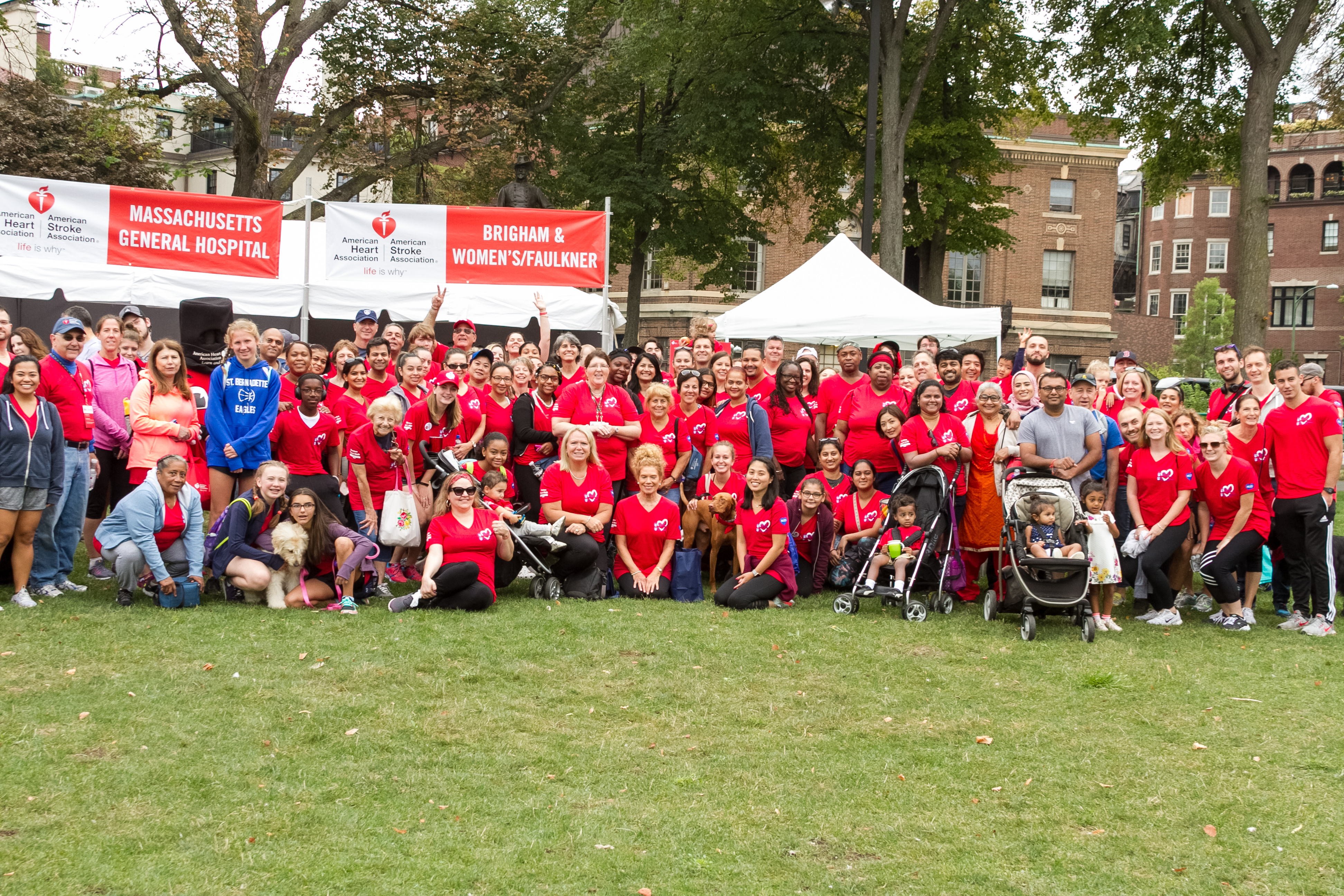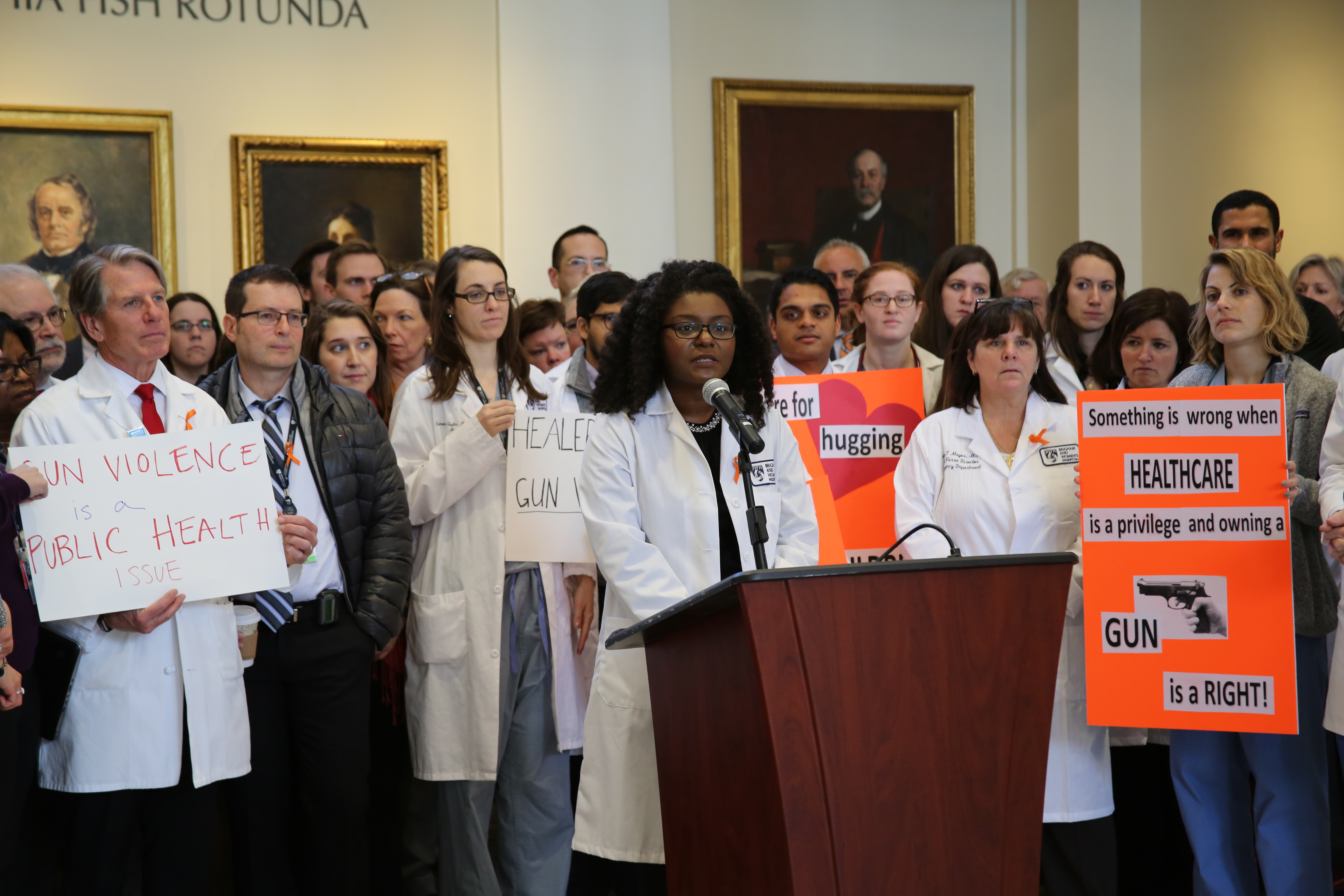Strengthening the Brigham Experience
 Last summer, faculty and staff were invited to share their impressions of the Brigham’s organizational culture through the Brigham Experience: Culture, Diversity & Inclusion Assessment survey, focus groups, interviews and more. The message was clear: Our foundation and our people are strong, and we have opportunity to do even better, together.
Last summer, faculty and staff were invited to share their impressions of the Brigham’s organizational culture through the Brigham Experience: Culture, Diversity & Inclusion Assessment survey, focus groups, interviews and more. The message was clear: Our foundation and our people are strong, and we have opportunity to do even better, together.
The assessment revealed that Brigham Health has numerous strengths and areas of opportunity that will help grow the current culture to become even more transparent, diverse, inclusive and innovative.
Our strengths include our status as a leading academic medical system; our history and reputation; our shared passion for patient care; our progress in restoring financial health; and our ability to come together in a crisis.
Our areas of opportunity include the need for a more unifying vision and inspiring purpose statement that connects with all members of our workforce; the elimination of competition where there should be collaboration; more transparent and forthright communication; more diversity in leadership positions; a culture of respect and inclusion in every part of the organization; and a shift from a top-down structure to an empowered, shared decision-making approach.
Another takeaway from this effort was that the Brigham Health values as previously defined—collaboration, empathy, inclusion, integrity and professionalism—did not fully resonate with all faculty and staff. Building off feedback from across the Brigham, hospital leaders sought to redefine the institution’s values so that they better reflect who we are as a community.
The result is four newly articulated values:
We care. Period. We embrace a culture of shared humanity and dignity, where our diverse community of patients, families and employees all feel welcome, cared for and valued.
We create breakthroughs. It’s in our DNA. Since our founding, we’ve been discovering ways to make tomorrow better—for the health of people, here and around the world.
We’re stronger together. We all play a role. We take pride in teamwork, partnership and community. We value everyone’s contributions. We find inspiration in each other.
We pursue excellence. Because our patients deserve our best. We share a passion for learning and continuous improvement.
These four values also represent the theme of Brigham Bulletin’s 2019 calendar (published on the reverse side of this issue).
Looking ahead, hospital leaders are creating a “culture squad” to address the opportunities identified in the assessment and will then articulate behaviors that represent our aspirational culture.
Visit BWHPikeNotes.org and stay tuned for more information about our culture work.


 By far, my shining moment this year was the day I reconnected with my primary nurse, Vivian Kelley, RN, after 39 years! Vivian helped save my life back in 1979, when I came to the Peter Bent Brigham Hospital for a bone marrow transplant. I had aplastic anemia (a rare and life-threatening blood disease) and spent two and a half months in an isolation room. Vivian was there at every turn—when I got my chemo and during the hundreds of hours that followed as I waited for my new immune system to mature. The photo in which I’m wearing a mask marks the day I went home. The other picture was taken when we reconnected this summer in Boston. Vivian moved to the West Coast a year after my transplant and continued practicing nursing until she retired. I credit Vivian’s intelligence, nursing skills and her calm, positive attitude for getting me through a terrifying time in my life. I’m so grateful we found each other again.
By far, my shining moment this year was the day I reconnected with my primary nurse, Vivian Kelley, RN, after 39 years! Vivian helped save my life back in 1979, when I came to the Peter Bent Brigham Hospital for a bone marrow transplant. I had aplastic anemia (a rare and life-threatening blood disease) and spent two and a half months in an isolation room. Vivian was there at every turn—when I got my chemo and during the hundreds of hours that followed as I waited for my new immune system to mature. The photo in which I’m wearing a mask marks the day I went home. The other picture was taken when we reconnected this summer in Boston. Vivian moved to the West Coast a year after my transplant and continued practicing nursing until she retired. I credit Vivian’s intelligence, nursing skills and her calm, positive attitude for getting me through a terrifying time in my life. I’m so grateful we found each other again. Every year, Brigham and Women’s Hospital and Brigham and Women’s Faulkner Hospital participate as a team in the Boston Heart Walk and fundraise to support cardiovascular research and education, advocate for health and save lives. This walk is important to me because a few of my family members have experienced coronary artery disease, stroke and valve disease. By supporting the walk, I am doing my part to help fund current research that will make a difference for my family members and friends.
Every year, Brigham and Women’s Hospital and Brigham and Women’s Faulkner Hospital participate as a team in the Boston Heart Walk and fundraise to support cardiovascular research and education, advocate for health and save lives. This walk is important to me because a few of my family members have experienced coronary artery disease, stroke and valve disease. By supporting the walk, I am doing my part to help fund current research that will make a difference for my family members and friends.



 At the Brigham, BWHers gathered in the Fish Rotunda at 15 Francis St. for a brief event, “Healers Stand Against Gun Violence,” hosted by the BWH Resident Social Justice Committee. Weeks and Charles Morris, MD, MPH, associate chief medical officer, offered reflections on gun violence as a public health issue. Chaplain Elizabeth (Elli) Goeke of Spiritual Care Services provided a moment of reflection in honor of all those affected by gun violence.
At the Brigham, BWHers gathered in the Fish Rotunda at 15 Francis St. for a brief event, “Healers Stand Against Gun Violence,” hosted by the BWH Resident Social Justice Committee. Weeks and Charles Morris, MD, MPH, associate chief medical officer, offered reflections on gun violence as a public health issue. Chaplain Elizabeth (Elli) Goeke of Spiritual Care Services provided a moment of reflection in honor of all those affected by gun violence.

 Corbin and Erin McDonough, MBA, senior vice president and chief communication officer, held 16 half-hour sessions in Bornstein Amphitheater over two days. During the event, employees viewed the videos, learned tactics to prevent tailgating and engaged in discussion.
Corbin and Erin McDonough, MBA, senior vice president and chief communication officer, held 16 half-hour sessions in Bornstein Amphitheater over two days. During the event, employees viewed the videos, learned tactics to prevent tailgating and engaged in discussion.